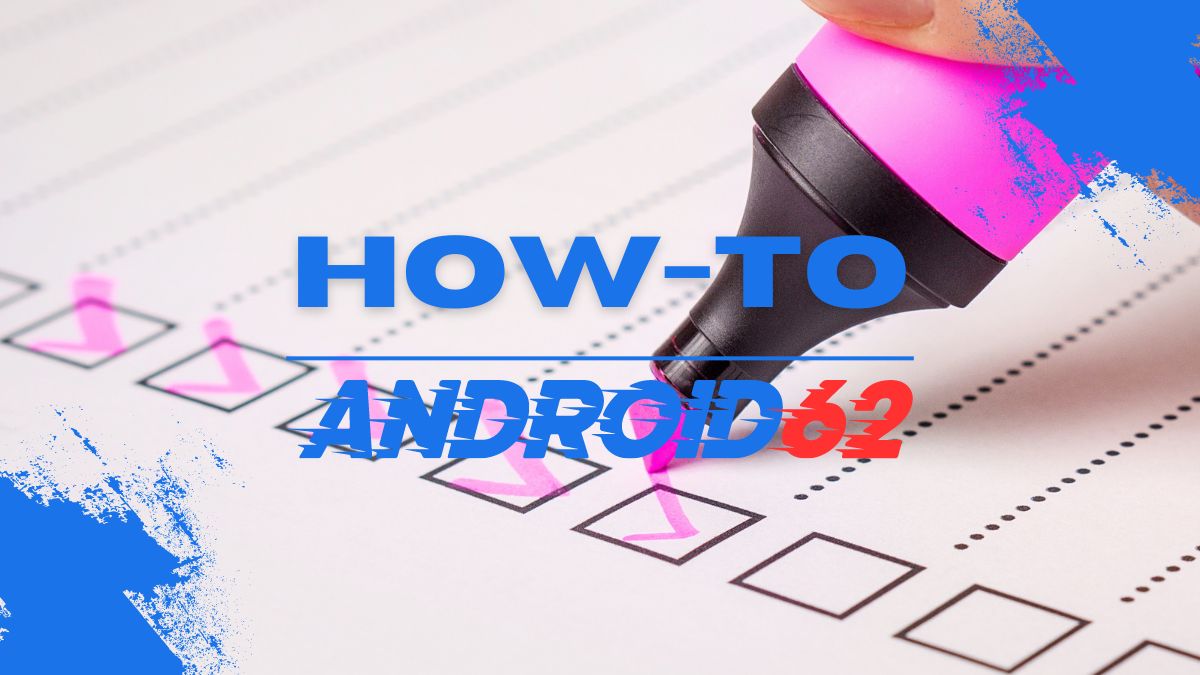
Have you ever felt lost or disconnected from yourself? Life can sometimes throw us off balance and make us question who we are. Finding yourself again is a journey of self-discovery and a path towards personal growth and fulfillment. Here are some tips on how to reconnect with your true self and rediscover your identity.
Reflect on Your Values and Beliefs
One of the first steps in finding yourself again is to reflect on your values and beliefs. Take some time to think about what is important to you and what you stand for. Ask yourself questions like:
- What values do I hold dear?
- What beliefs guide my actions?
- Do I live in alignment with my values and beliefs?
Understanding your core values and beliefs can help you gain clarity on who you are and what truly matters to you.
Explore Your Passions and Interests
Another way to find yourself again is to explore your passions and interests. What activities bring you joy and fulfillment? What hobbies do you enjoy? Engaging in activities that resonate with your true self can help you reconnect with who you are at your core.
- Try new activities and hobbies to discover what you are passionate about.
- Revisit old hobbies that used to bring you happiness.
- Listen to your intuition and follow your heart when exploring new interests.
By exploring your passions and interests, you can reconnect with your authentic self and rediscover what brings meaning to your life.
Practice Self-Care and Self-Compassion
Self-care and self-compassion are essential components of finding yourself again. Take care of your physical, emotional, and mental well-being to nurture a positive relationship with yourself.
- Practice mindfulness and self-reflection to check in with yourself regularly.
- Take time for self-care activities that replenish your energy and nourish your soul.
- Be gentle with yourself and practice self-compassion, especially during challenging times.
Remember that self-care is not selfish; it is necessary for maintaining a healthy relationship with yourself and finding inner balance.
Seek Support from Others
Seeking support from others can also help you on your journey to finding yourself again. Talking to friends, family members, or a therapist can provide you with different perspectives and insights that can guide you towards self-discovery.
- Open up to trusted individuals about your feelings, thoughts, and struggles.
- Join a support group or community that shares similar experiences and challenges.
- Consider seeking professional help from a therapist or counselor to explore your emotions and identity.
Remember that it’s okay to ask for help and lean on others for support as you navigate through this journey of self-exploration.
Set Boundaries and Prioritize Your Needs
Setting boundaries and prioritizing your needs are crucial steps in finding yourself again. Learn to say no to things that do not align with your values and beliefs, and focus on activities that bring you closer to your authentic self.
- Identify activities or relationships that drain your energy and set boundaries to protect your well-being.
- Learn to prioritize your needs and make self-care a non-negotiable part of your routine.
- Practice assertiveness and communicate your boundaries clearly to others.
By setting boundaries and prioritizing your needs, you create a nurturing environment that supports your journey towards self-discovery and personal growth.
Embrace Change and Embrace Your Uniqueness
Embracing change and embracing your uniqueness are essential aspects of finding yourself again. Be open to new experiences, perspectives, and opportunities that can help you evolve and grow as an individual.
- Embrace change as a catalyst for personal transformation and self-discovery.
- Celebrate your uniqueness and embrace your individuality without seeking validation from others.
- Step out of your comfort zone and challenge yourself to explore new possibilities.
Remember that you are a unique and valuable individual with endless potential, and embracing your true self is a powerful journey of self-empowerment and self-acceptance.
Practice Gratitude and Self-Reflection
Practicing gratitude and self-reflection can help you cultivate a deeper connection with yourself and the world around you. Take time to appreciate the positive aspects of your life and reflect on your personal growth and achievements.
- Start a gratitude journal to write down things you are grateful for each day.
- Engage in regular self-reflection to gain insights into your emotions, thoughts, and behaviors.
- Express appreciation for yourself and acknowledge your strengths and accomplishments.
By practicing gratitude and self-reflection, you can develop a greater sense of self-awareness and cultivate a mindset of positivity and growth.
Conclusion
Finding yourself again is a transformative journey that requires self-reflection, self-discovery, and self-acceptance. By reflecting on your values and beliefs, exploring your passions and interests, practicing self-care and self-compassion, seeking support from others, setting boundaries and prioritizing your needs, embracing change and embracing your uniqueness, and practicing gratitude and self-reflection, you can reconnect with your true self and rediscover your identity.
Remember that finding yourself is an ongoing process that requires patience, self-love, and dedication. Embrace your journey of self-discovery with an open heart and a curious mind, and trust that you have the inner strength and resilience to navigate through life’s challenges and uncertainties.



